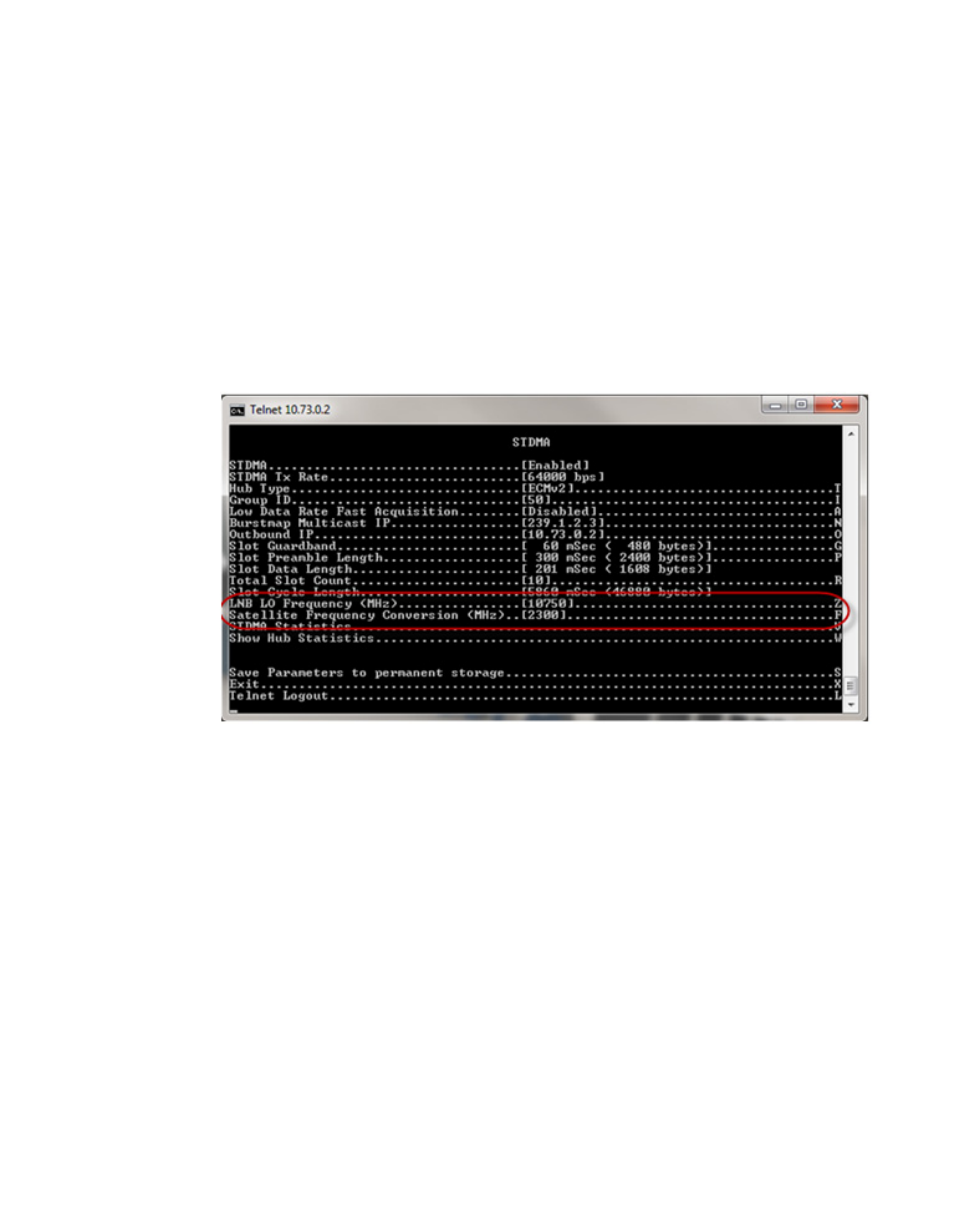Figure d-3 stdma menu, ecmv2 hub type – Comtech EF Data CDD-56X Series Vipersat User Manual
Page 160

Migration Procedure
MN/22137, rev 1
D-6
Vipersat CDD-56X Series User Guide
After the Hub Type is changed to ECMv2, the controller will start sending TAP
multicast messages using the burst map multicast address 239.1.2.3, and broad-
casting to the group the frequency, data rate, and timing as well as where and
when the Remotes can transmit.
Note that the frequency value is sent in RF uplink format, so it is very important
to set the Hub LNB LO Frequency as well as the Satellite Frequency Conver-
sion parameter values in the STDMA menu (figure D-3).
3. Enter Z at the command prompt to specify the LNB LO Frequency.
Enter F at the command prompt to specify the Satellite Frequency Conver-
sion.
These values should NEVER remain as zero (default).
Figure D-3 STDMA Menu, ECMv2 Hub Type
At this point, the Remotes will start bursting in the new, temporary frequency or
the same slot as the original STDMA channel. To move the ECMv2 slot,
modify the Hub demodulator frequency or data rate for the desired new loca-
tion.
One of the many advantages of ECMv2 is that the Remote modulator will no
longer have to be configured; the modem will automatically update its Home
State transmit parameters to match the ECMv2 slot as soon as it receives the
next TAP message from the Hub.
It is recommended that the operator update and save the Home State on the Hub
Controller to ensure that the parameters will remain during a reboot.
4. Adjust the ECMv2 calibration as necessary with the Slot Guardband, Slot
Preamble Length, and Total Slot Count parameter settings.
